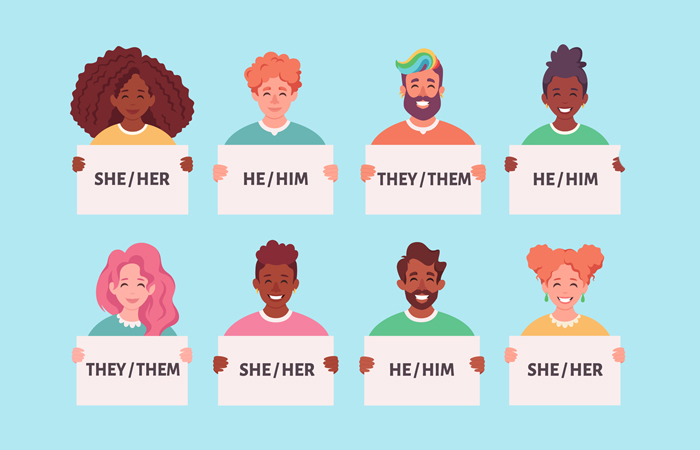Latest

Changes needed for non-binary healthcare
In Latest
Bookmark
Record learning outcomes
“There is a lack of existing research into the experiences and views of non-binary people as a distinct group when it comes to seeking healthcare,” a recent report by the Scottish Equality Network has found.
A non-binary individual refers to identifying as somebody who is outside of the constraints of ‘male’ and ‘female’ gender labels. This could involve having no gender at all, and often has an impact on pronouns. Non-binary people usually either use ‘they’ or ‘them’ along with ‘she’ or ‘he’, or use ‘they’ or ‘them’ exclusively.
Currently, being non-binary is not recognised on birth certificates or legal documents in the UK, making it increasingly difficult for people who identify this way to receive the correct medical care.
It is not just patients who need to be supported, but the workforce too. Some 6.9 per cent of every 108,100 people identify as non-binary, according to the 2019 national LGBT survey. This figure indicates that it is becoming increasingly more important for healthcare workers to feel respected, safe and free to be who they are in the workplace.
In order to allow non-binary people to feel as comfortable and safe as possible, there are several changes that need to be considered by healthcare professionals. These include organising training days or sessions and recording any incidents as opportunities for employees to learn from.
To help make this process as smooth as possible, health software company, Radar Healthcare, offers scheduling and recording software to organise opportunities to improve such awareness. These would in turn, make it far easier for employers to work out whether there was any pattern between certain events – for example, is it always the same worker committing the offence? – and allow managers to set clear targets for improvement.
To find out more, visit Radar Healthcare.

